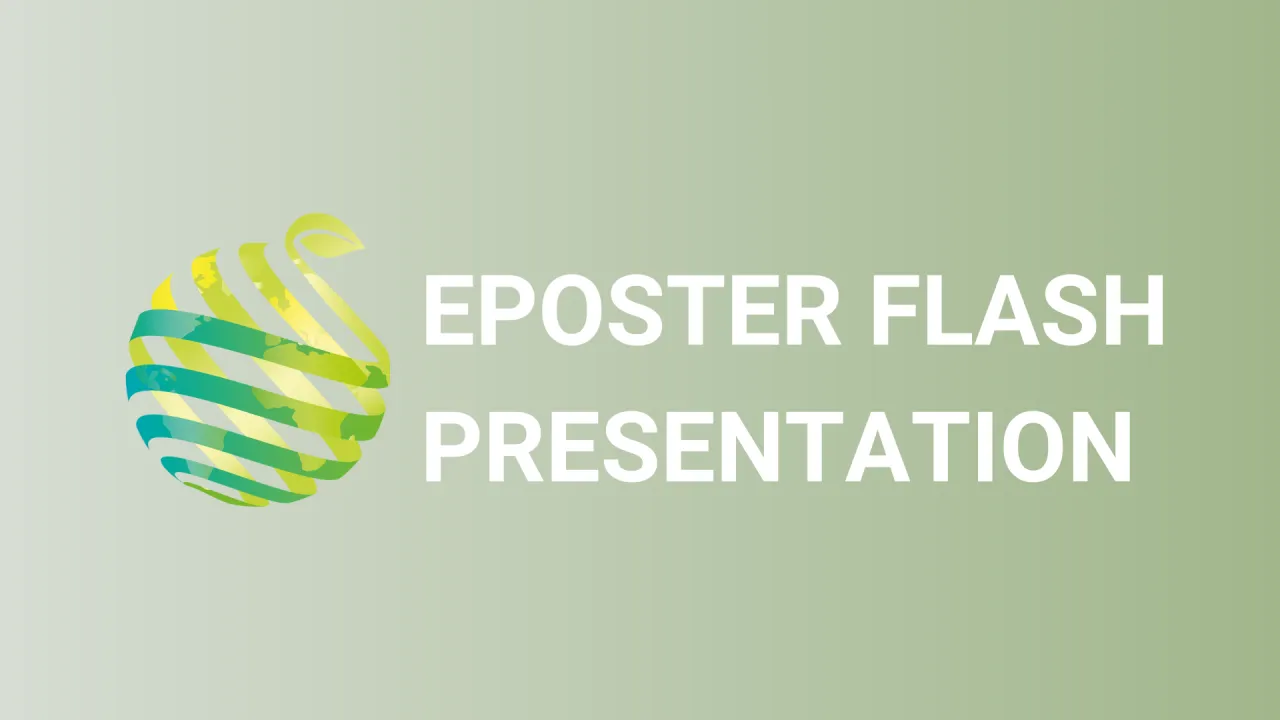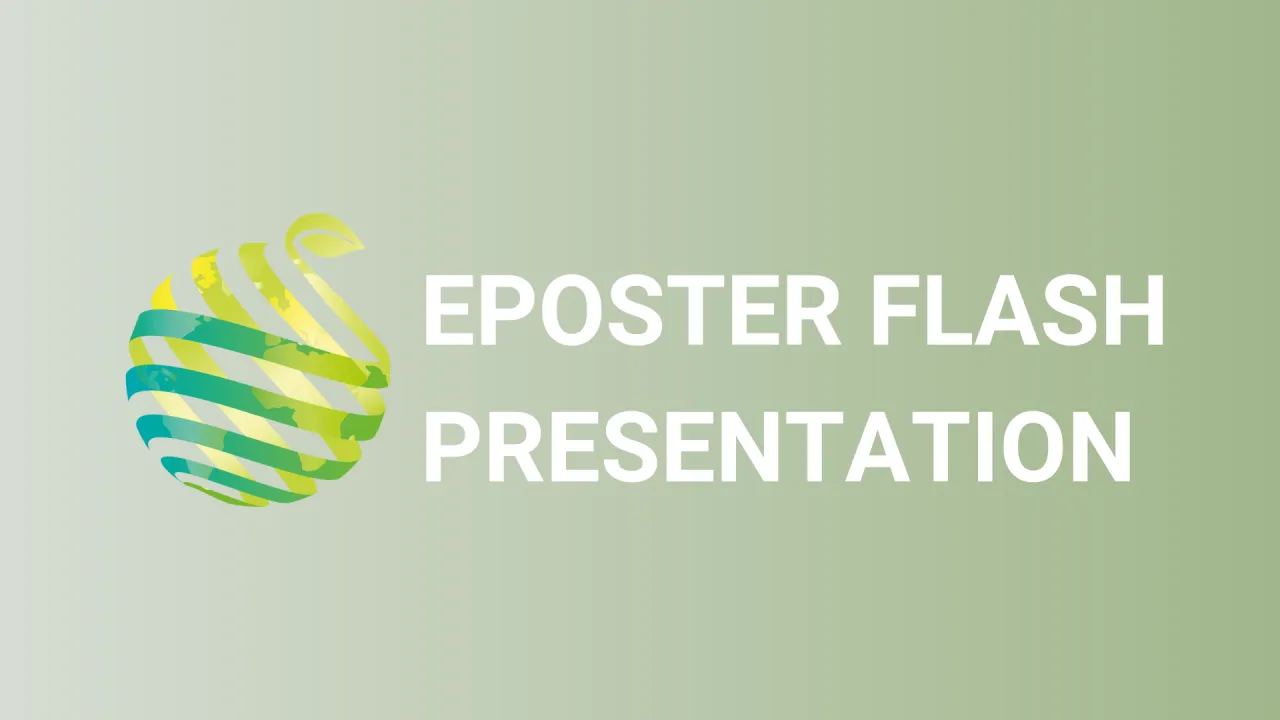

S11 - Session P1 - The combinatorial effects of drought and heat stress on the African eggplant growth
Information
Authors: Noémie David-Rogeat *, Eleftheria Stavridou, Martin Broadley
Africa is at a particularly elevated risk of climate change negatively impacting crop production and disrupting the current food systems, eventually increasing malnutrition among other issues. The African eggplant, Solanum aethiopicum L., is an important and nutritious indigenous vegetable widely consumed in sub-Saharan Africa. Despite its high nutritional value and large varietal diversity, it is under-researched and under-promoted. It currently lacks data around its responses to abiotic stresses and uses in the fight against malnutrition under climate change. This project aimed at unravelling the effects of the combination of heat and drought stress on the African eggplant E11 by measuring plant growth, photosynthesis parameters, final leaf area and plant biomass, and leaf antioxidant capacity. Four weeks-old plants were subjected to repetitive heatwave-type stress consisting of 8 days of increasing day/night temperature until reaching either 32/26°C or 37/31°C, followed by 4 days recovery at a temperature of 27/21°C, repeated twice. A drought treatment was applied for the entirety of the experiment on selected plants by maintaining the soil water potential at around n100 kPa compared with n10 kPa for non-stressed plants. Drought had a larger effect than heat, with the final yield being reduced in water-stressed plants while no differences between temperatures were observed. Leaf relative content, electrolyte leakage, maximum efficiency of excitation capture by open photosystem II centres in light (Fv'/Fm'), and quantum yield of photosystem II for CO 2 assimilation (φ2) were not affected by either of the stresses or their combination. These results hint at a good tolerance of E11 to heat stress during the vegetative stage while drought negatively affected plant growth but not leaf fluorescence. Further research on later developmental stages will improve our understanding of this variety's tolerance to heat and drought and its potential use in food systems impacted by climate change.